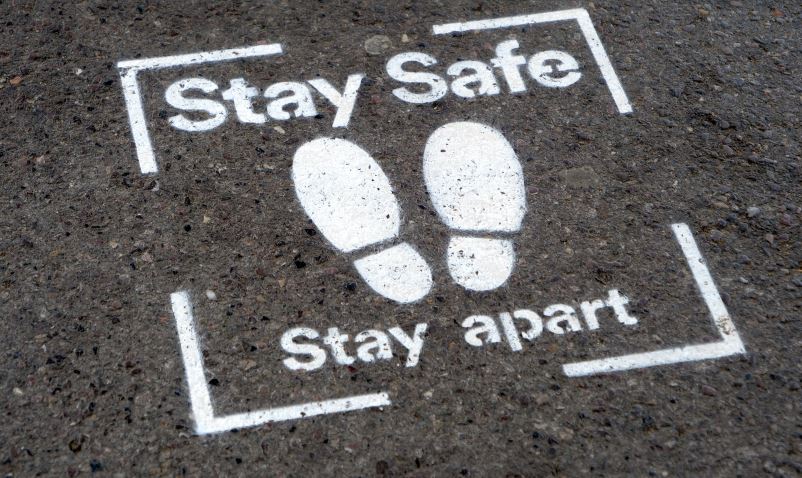This past summer I read Why We’re Polarized, by Ezra Klein. In it, he explains that political parties have become increasingly more defined by identity than policy. As a result, disagreements are often boiled down to “us” vs. “them” and compromise becomes harder to achieve. After all, anything short of complete victory feels like a personal loss. I reference Klein because the polarization he identifies on a national scale seems to have manifested itself at Furman. Campus has become polarized, but not by politics — rather, by the elusive and undefinable idea of community.
Community itself is an ambiguous word; recent campus controversy has proven just how enigmatic the concept is. The campus’s community has both been blamed for the University’s demise and simultaneously volunteered as Furman’s only hope for salvation. Supporters of the former claim argue that students must disregard typical ideals about community for the sake of safety. They preach that any who disregard the Paladin Promise should be swiftly outed and justly punished. Those who believe the latter promote the opposite — they conclude that now is not the time to turn on one another. Instead of supporting a “tattle-tale” campus-culture, they maintain that campus-wide unity focused on forgiveness will be enough to spur Paladin Promise obedience.
Last week’s controversy over SGA President Griffin Mills has revealed these divides. Calls for his resignation reverberated violently off cries fiercely defending his reputation and status. Whether Mills should resign has no bearing on my argument. More interesting is the vigor with which both sides are acting. I doubt most parties involved are this passionate about SGA or even care the fate of the Presidency. Rather, individuals seem to be reacting to a different idea — one of community.
Those who believe Mills should resign are the same ones condemning members of KA, promoting FUPO reports and acting in an almost tyrannical manner against Paladin Promise transgressors. Mills supporters are the same students preaching amnesty, second chances and forgiveness. Both sides have intertwined their belief system with Mills’ missteps, and therefore his presidency has become symbolic of a larger, and much more volatile, social question.
While the SGA question will soon blow over, campus polarization will not. Therefore, students face an ideological crossroads with three potential offshoots. Two of the three are clear — those we already discussed. Yet a third road is available — one with admittedly a more arduous journey, but also a better destination.
Before I expound upon on option three, let me say this: there is no way to adjudicate a victor between the two sides. Both provide legitimate claims and solid backing. In the same way it would be almost impossible to convince a staunch Republican to become a radical Democrat, I doubt a fervent campus-policer will readily agree to a compromise with an amnesty-promoter. Furthermore, we cannot continue to perpetuate this “us” vs. “them” dialogue. With a large influx of new students arriving shortly, campus cannot afford to be divided, nor give sophomore and juniors the chance to take up arms in battle.
Therefore, I propose road three. Students can no longer be the campus police; Furman must increase the force of Furman Police Officers, perhaps commission a small, anonymous student committee to monitor student activity, and leave it at that. Stop allowing students to turn each other in. I say this not because I believe people deserve forgiveness, because honestly, I fall on the pro-reporting side, but because we must stop this division in its tracks. And this is the only way I see how.
It is imperative that our campus return from the land of the polarized. National politics has failed to do so for countless years, and to many that situation now seems impossible to resolve. Liberalism may be in crisis, but our campus is not…yet. If you disagree with my proposed option, so be it. I invite you to come up with a different option, but it cannot be one of the two already articulated on campus. The beauty of our situation is this: we all agree that finding unity is imperative. Now we must decide on what form that unity will take.









































